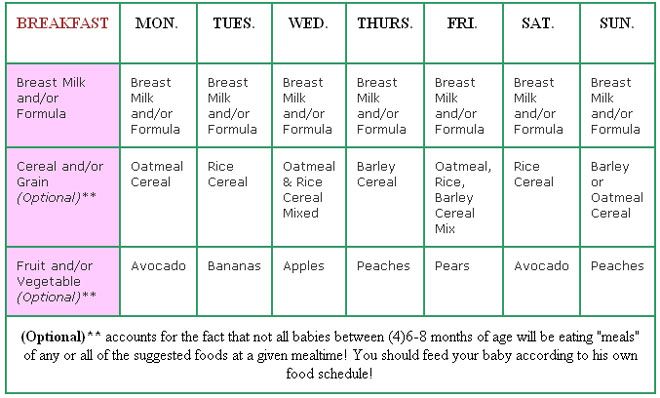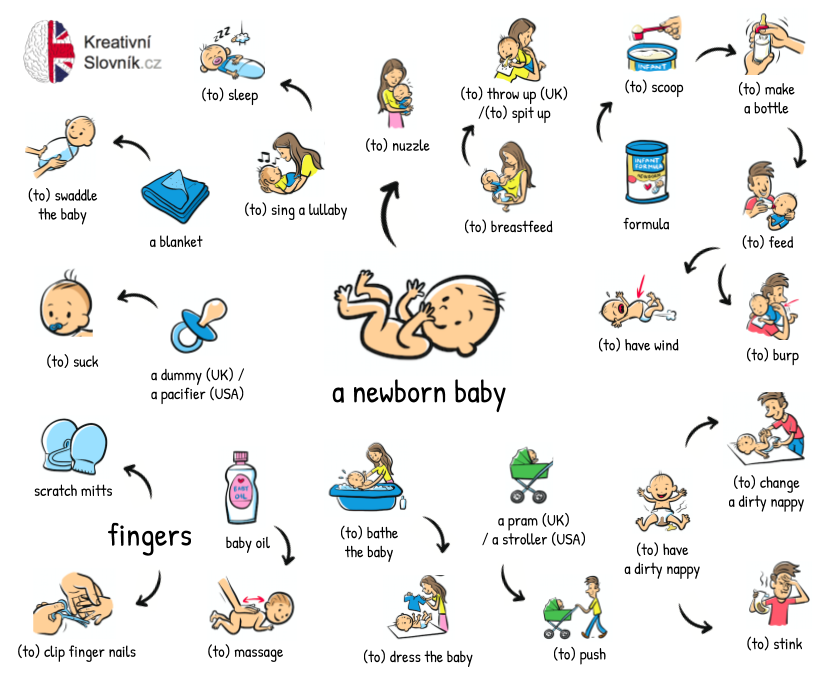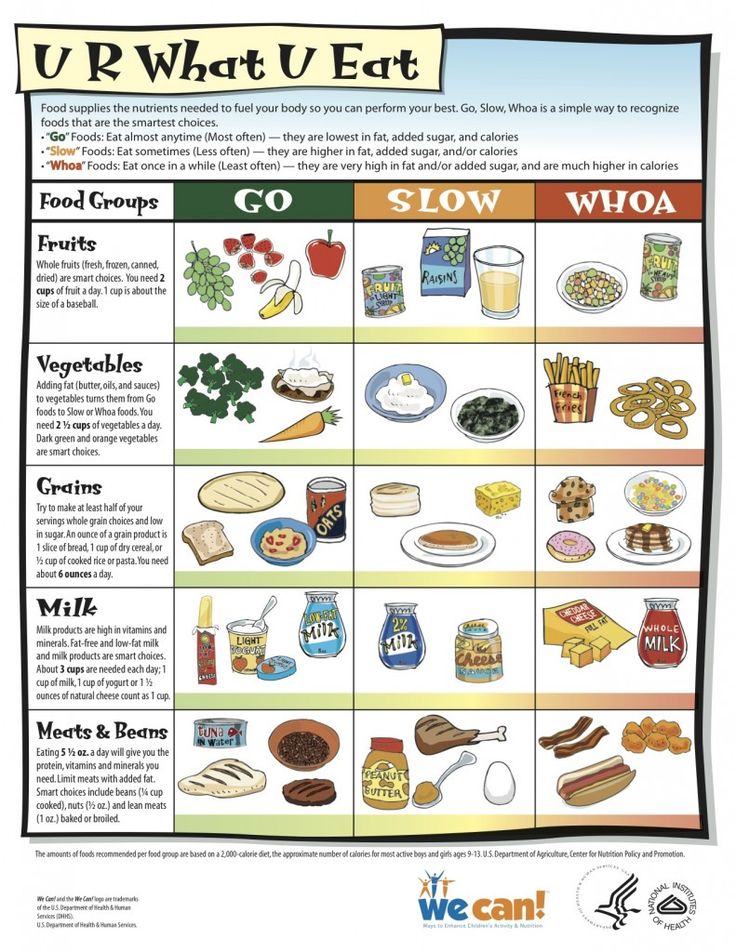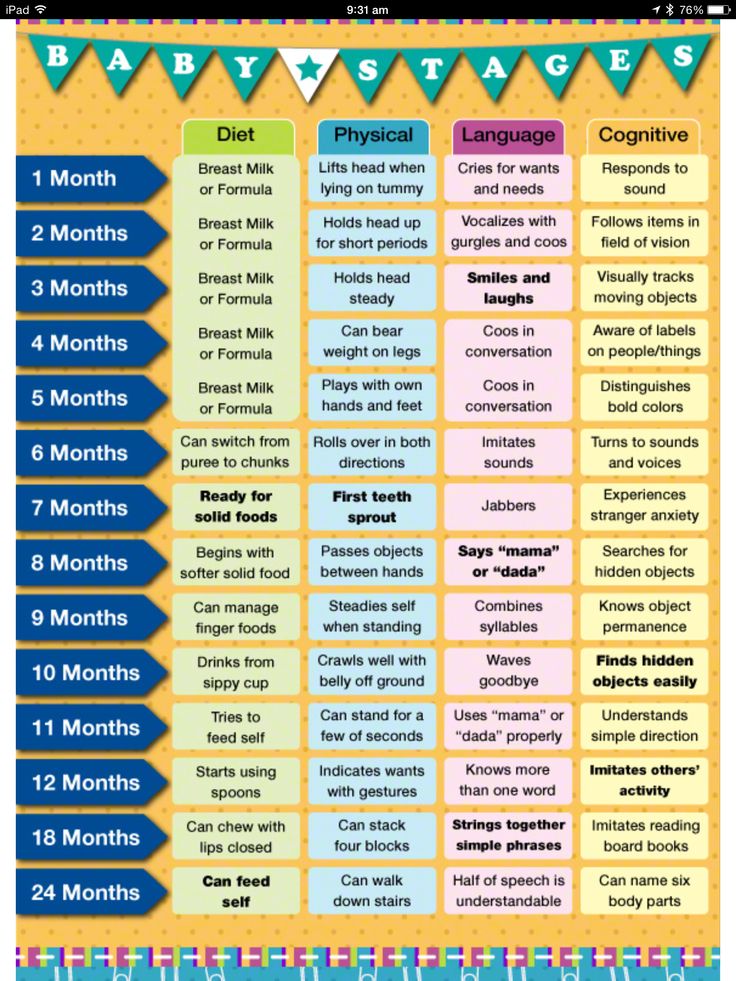8 week old baby cluster feeding
How To Care For An 8 Week Old Baby
Your baby is just at the end of its 2nd month, a time full of development and changes. You will be closer to establishing a routine now and have worked out what is realistic for you as a family and what isn’t. Small little rituals such as bringing your baby into bed with you for a cuddle in the mornings, singing special songs whilst bathing, going for a pram walk with other parents are all popular.
Try not to compare what you are doing with others. Although you may not always feel 100% confident with what you are up to, your baby won’t mind. Their needs are still very basic at this early stage and you’ll find as long as they are not hungry, get enough sleep and have regular nappy changes they will be fairly content. Try too, not to set your own expectations so high they are unachievable. The best thing you can do to care for your baby is to look after yourself. Remember to eat 3 meals a day and snack in-between, drink plenty of water and aim to have a rest during the day to make up for broken sleep overnight.
Feeding
Expect your baby to still need at least 6 feeds/24 hours at 8 weeks. Many babies go through a growth spurt at this age and demand to be fed more frequently. If you are breastfeeding, you may find your baby wants to cluster feed in the late afternoons and evenings, making you doubt if you have enough milk for them. As long as your baby is growing well and gaining 150-200grams per week, having 6 or more, pale, wet nappies a day and is happy and alert, feel reassured that your lactation is sufficient for their needs.
If you are bottle feeding, your baby may finish their bottle and still be looking for more. Speak with your early childhood nurse about the correct quota of milk for your baby’s age and weight. Remember not to alter the ratio of formula powder to scoops of water. If your baby needs more formula, continue to make it up as directed on the can. Throw away whatever milk your baby does not finish in each feed and be careful to store any pre-made formula in the body of the fridge, not the door.
Sleeping
Some babies are sleepier than others and follow a regular, predictable routine of wakefulness and sleep. Others are more alert and seem to resist all their parent’s attempts to get them to go to sleep. The only guarantee about our children’s sleep is that there is none. We cannot control our children’s sleep, when they go to sleep or even how long they sleep for. What is under our control though, are our responses to their sleep and settling.
It can be worthwhile, even in these early stages to try to place your baby into their cot awake so that they learn how to go off to sleep on their own. Babies who are always asleep when they go into their cots don’t learn the skills involved in self settling. They become dependent on their parent’s help to get them off to sleep and then expect the same cues or prompts each time they progress through lighter phases of sleep and wakefulness.
Check the sleep articles for some suggestions for encouraging self-settling. Remember though, if what you are doing to settle your baby is working for you both, don’t be concerned.
Remember though, if what you are doing to settle your baby is working for you both, don’t be concerned.
Behaviour and development
Your baby will be holding their hands together now, but their movements will still be a little random and flinging. They won’t be able to hold a rattle just yet but that time isn’t too far away. Your baby will be loosing their grasp reflex by 8 weeks and this will soon be replaced by a deliberate grab and hold.
Lots of smiles, coos, eye contact and mouthing movements from your baby this week, especially when you are up close and talking to them. Your loving, positive stimulation will help your baby to develop their social skills and remind them that they are part of a human group. If you have older children, encourage them to talk to the baby and involve them in gentle play. Your baby will love the interaction with their siblings and through your own care giving, your older children will learn what’s involved in nurturing and caring for young babies.
Supervised floor time each day during your baby’s wakeful periods will help them strengthen their neck and chest muscles. Get down onto the floor yourself and position some toys around so they can lift their head and focus on them. Babies of this age don’t have good vision but are drawn to contrasts. Toys with black, white and red as their primary colours will be clearer to your baby.
Look for your baby “tracking” your face with their eyes. This is an important stage of visual development and will lead to other, more advanced skills in focusing. Consider getting a baby gym – an ideal toy for this age group. Set up a little play area on the floor away from main traffic areas. Make sure it is still in a clearly visible place for you to keep an eye on your baby.
Crying
Your baby may be a little more unsettled this week, prone to fits of crying and distress. It can be hard to settle babies of this age, who, because of their crying can easily become overtired and hard to soothe. You are likely to find their crying peaks in the mid-morning or in the late afternoons.
You are likely to find their crying peaks in the mid-morning or in the late afternoons.
When parents have experienced a few consecutive days of their baby being unsettled, they can become anxious just thinking about how to best deal with it. Make an appointment to see your early childhood nurse or go to a drop-in clinic and get some advice. Ask to be shown different holding positions, ways to pat and soothe and collect some tips sheets on the best ways to calm a fractious baby. Many early childhood health centres have DVD’s and resources on settling management and these can be useful learning tools.
Routine
Your days are still probably dictated by your baby’s demands, leaving you little time for much else. If you have always prided yourself on a clean and organised house, this may be a challenging time for you. There can seem to be no end to the list of jobs which need doing and each day seems much like a template of the ones that have gone before. As exciting as it is, young baby care can become very tedious and wearing. This is why it is so important to try to do something a little different every couple of days.
This is why it is so important to try to do something a little different every couple of days.
Although you may not have much energy, try to go for a walk-even if it is to the local shops for a bottle of milk. Housework does have the tendency to eclipse real life, which is why it is so important to keep it all in perspective.
If you find yourself becoming overwhelmed by the mess in the house, make a decision about one or two rooms which really matter to you. This may be the bedroom and the kitchen, the bathroom and the living room. Aim to focus just on them and work on establishing a little order. This is a much more realistic and reasonable goal than aiming to have the whole house pristine.
What you can expect
This is the week when your baby will be due for the first of their post-birth vaccinations. These are available for free at your community health centres and/or council clinics. Alternatively you could go to your G.P. though you may need to pay a consultation fee.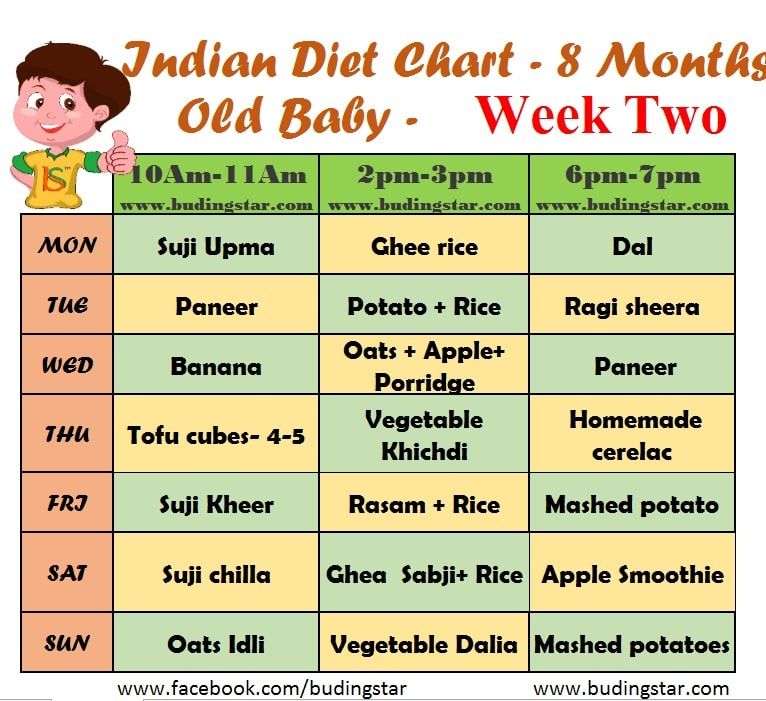
If you are feeling anxious about the vaccination, go with your partner, a family member or a friend for support. The process is reasonably quick and over with very quickly. Don’t forget to take your baby’s personal health record book so that their vaccination can be recorded. They will include a reminder for when the next one is due.
For more information see Baby weeks or Baby Care.
Last Published* November, 2021
*Please note that the published date may not be the same as the date that the content was created and that information above may have changed since.
Do's & Dont's (Plus How To Do It Right)
What's in this post...
Are you busy with a cluster feeding newborn? This will help you know what to do so you’re not up all night feeding a baby every hour.
Newborns are perfectly snuggly and sweet and warm and wonderful.
But it can be hard to survive.
If they won’t sleep well, don’t seem to be eating well, and are irritable due to gas pain, overtiredness, or even baby teething… then you can feel like you’re slowly starting to lose your mind from lack of sleep and complete world upheaval.
A common phenomenon with little ones… cluster feeding.
What is it?
Cluster feeding (n): A breastfeeding pattern when baby groups several feeding sessions in a short window of time. It can happen for a number of reasons (some purposeful, some not), which we’ll dive into below.
Some other names for this are topping up or tanking up (giving baby a bit more to make sure they aren’t hungry when they go to bed) or even split feeding.
Split feeding is used when you sort of divide up a feed into two so that baby gets what they need immediately, then some more again before going off into dreamland.
How babies cluster feed – 4 likely scenarios:
- Baby cluster feeds at night, but not during the day.
- Baby cluster feeds both day and night.
- Or baby snacks but never takes full long feeds.
- Baby cluster feeds sometime in the late afternoon/early evening period (5 pm to 11 pm) on purpose.
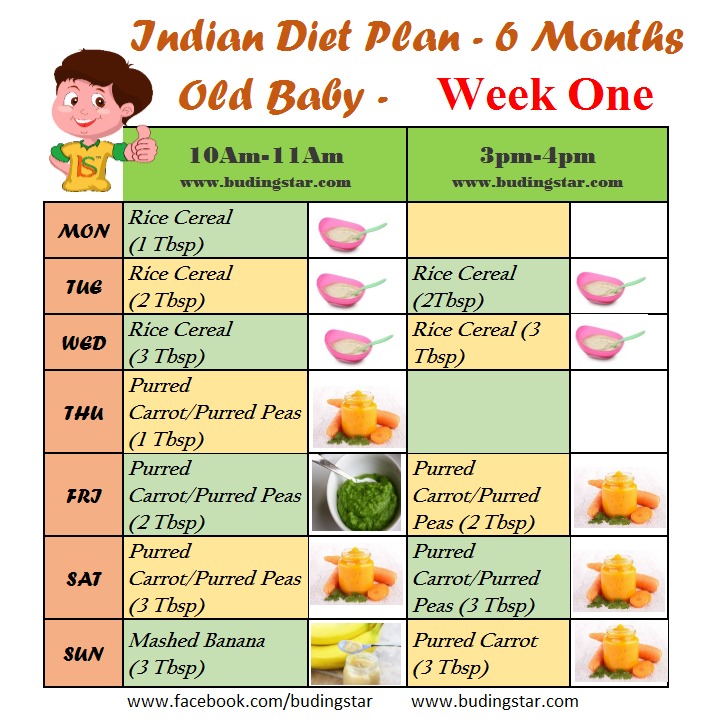
Rules of thumb while cluster feeding your newborn
Cluster feeding can really feel difficult or confusing, but I want to assure you that these newborns days are intense yet they will pass.
And the habits you start now can create a strong foundation then fade out naturally into a mutually beneficial routine.
Remember, during this time you may find your baby log comes in handy to refer back to.
Reasons cluster feeding works
So first of all, you’ll end up cluster feeding at some point in the day with your newborn.
Their tummies are tiny and they need to fill them up at regular intervals.
This is actually a good thing and you can use this feeding rhythm to your benefit in a way that means baby gets more sleep and you do too.
Read: End Baby’s Witching Hour — In 4 Simple Steps
If you are reading this, exhausted from excessive breastfeeding (which according to research is a common reason many mothers abandon breastfeeding altogether) then please know you don’t have to feed every hour around the clock to successfully breastfeed.
As a certified infant and child sleep consultant and mother of 5, I can attest to this.
Reasons Tanking Up Is Beneficial And Why Babies Do It:
- Your baby gets lots of nourishment in a shorter period of time which is beneficial during the late afternoon/early evening hours when, depending on your personal stress levels, milk quality may be lower.
- Baby can sleep longer stretches after cluster feeding periods.
- Mom can sleep longer stretches because baby is sleeping longer stretches.
- Milk supply can be kept up with regular feeding.
- Cluster feeds help babies get through growth spurts by maintaining adequate milk supply.
Read: Dreamfeed: The Why, The How, & When To Stop
Watch my video on an important cluster feeding issue.
Hourly feedings at night: day night confusion?
If your baby cluster feeds at night, but not during the day then sweet baby probably has some day night confusion going on.
The goal is to make those cluster feeds during daytime hours so they’re sleeping longer stretches at night.
If baby wants to nap for 4 hours during the day… well… don’t let him!
Follow my newborn sample routine or do what works for you, but know that if you let baby sleep long stretches during the day he will be up more frequently at night.
Read: What To Do When Baby Is Feeding Every Hour (& Not Sleeping!)
Newborn Settling Guide
Tried-and-true *hands on* newborn settling strategies that even the most fussy (or wide-awake-sleep-refusing) newborns cannot resist!
Learn More
The way forward?
Purposefully cluster feed your newborn in late afternoon and early evening and make sure baby is taking full feeds.
This means at least 10 minutes per breast if you’re nursing, often times twice that.
Read: Cocooning a Newborn & 7 Reasons Why it Can Be Good For The Family
PRO TIP
You can tell when baby is no longer actively nursing but just remaining latched on in a few ways.
First, look at the muscles on baby’s cheek. If they are nursing it will be moving up and down. Next, discern whether baby is swallowing or not.
Then, look at baby’s chin, is it moving as it does during active sucking (aka nursing).
If none of these are happening baby is likely asleep and engaging in non-nutritive sucking.
Read: How To Fix Day/Night Confusion In 3 Nights Or Less
Cluster Feeding CHECKLIST
Use our checklist to use cluster feeding to your advantage without feeding every hour all day every day!
How to stop cluster feeding at night (if you’re ready)
Whew.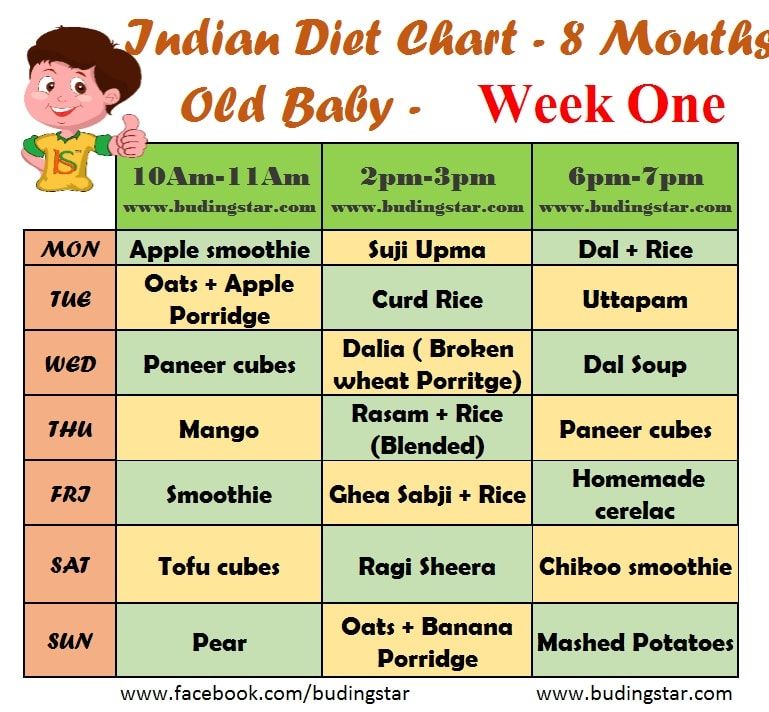
Ain’t no mama want to be up every hour at night. The good news is you don’t have to be.
Even if you are feeding every hour through the night, you can shift that and begin getting longer stretches at night.
What’s the only way to stop cluster feeding at night?
Make sure baby is getting as much milk as they can throughout the day.
Don’t let baby snack while nursing. 10 minute feeds throughout the day mean baby will be up all night because baby is hungry and needs milk.
When you start giving baby full feeds throughout the day (this will mean you’ll have to do jump through some hoops to keep baby up) and baby settles into a predictable routine then they’ll sleep longer stretches at night.
Read These While You’re At It
Purposefully cluster feed in the late afternoon period when the milk supply is at its lowest quality (4 pm onwards) so that baby’s tummy is as full as it can be.
This will promote deeper sleep.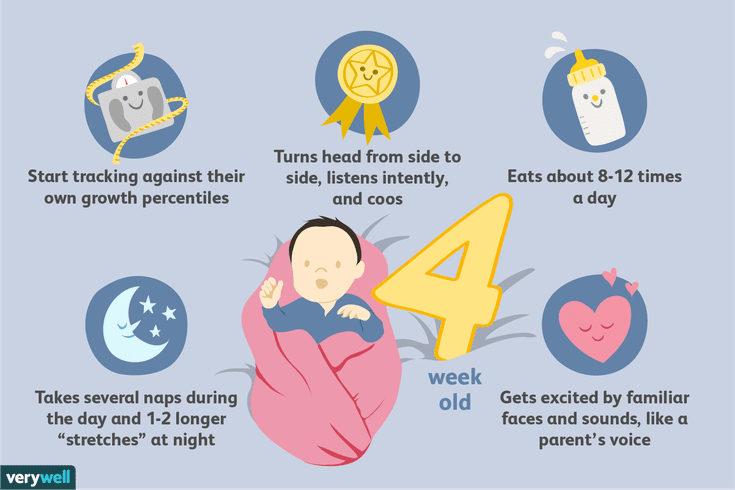
Eventually, even if baby wakes frequently at night for feeds, if you are not giving long full feeds throughout the night baby will get it.
It’s super hard when your newborn is cluster feeding all night, but you will get there and it will get easier!
Read These While You’re At It
Are you feeding your newborn both day and night?
If you have a cluster feeding newborn both day and night there are only a few likely alternatives.
- Milk supply is low and baby is starving.
- Baby is going through a growth spurt and is starving.
- Baby is only “snacking” and not taking full feeds or getting to the hindmilk rich in nutrients because he just takes a bit then stops.
The best way to help baby stop cluster feeding day and night is to determine which issue you’re having.
If it’s milk supply then continue feeding until your supply is up or supplement with formula (see a lactation expert).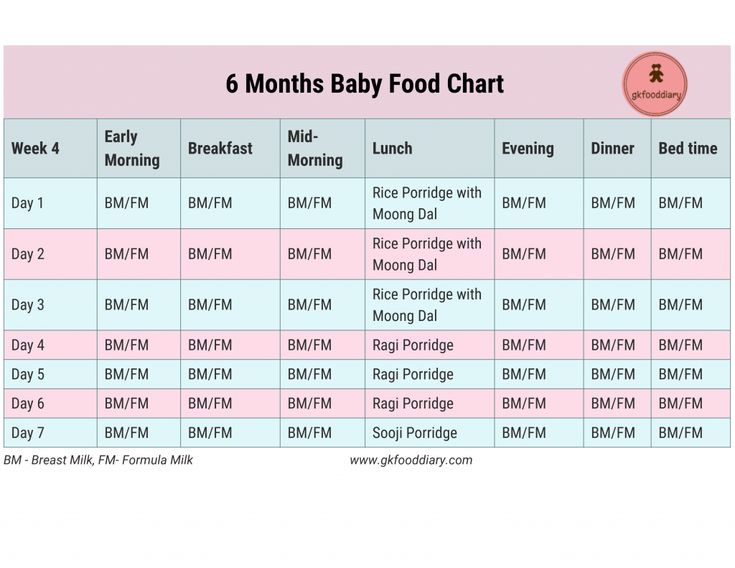
Alternatively, if baby is going through a growth spurt then there’s nothing to do but wait it out and feed baby as much as possible to keep them full and get your supply up to meet the demand.
Newborn Feeding Chart
Use this simple printable chart to track your feeds to make sure baby is fed, your supply is up, and everyone is well.
What to do if baby only “snacks”
- Keep baby awake during feeds by taking off their clothes except diaper. You can also rub their feet, cheeks, or hands with a baby wipe or keep trying to stimulate them to stay awake long enough to feed. You can put them on a soft blanket or tummy time mat and let them kick in their diaper until they’ve woken up, then continue feeding.
- Try not to put baby down to sleep if they fall asleep while nursing unless they just won’t wake up. Keep trying to feed baby even if it takes a bit of time so they’ll get as much as they can.
- Differentiate between active nursing and non-nutritive sucking, and let baby do one but maybe not the other.

- Give the baby a pacifier (the pacifier I recommend that stays in baby’s mouth) if they wake and want to nurse right after having nursed a short time ago. They might just need to satisfy the sucking urge and this will help. Also, the next time they feed after this will mean they’ll take more milk and keep your supply up. “Snacking” can contribute to a lower milk supply because baby is never emptying a breast and getting the rich milk.
Eventually by doing those things baby will stop snacking and start taking fuller feeds which will naturally result in longer times between feeds.
Read: The Ultimate Newborn Sleep Schedule: Week By Week For The Postpartum Period
Cluster feeding in the early evening
The prime time to have newborn cluster feeding sessions is the late afternoon early evening.
As I previously said, the milk supply can be lower in quantity and quality at this time due to the stresses of the day.
Because of this, feeding baby every 2 hours for a few hours will help keep your supply up, will keep the little one happy, and will set them up to sleep longer stretches at night.
Your evening routine might look something like this.
4:30 p.m. Nurse and nap
6:30 p.m. Nurse and catnap (or skip nap)
8:30 p.m. Nurse and bed
10:30 p.m. Dreamfeed
By purposefully cluster feeding in the right time you’ll help everyone sleep more at night while keeping your precious one topped up on milk.
Summary
- Feed every 1.5 to 2 hours during the early evening.
- Give baby plenty of milk before their bedtime so they are satisfied and sleep longer.
- Cluster feed during the DAY so you don’t find yourself having to cluster feed at NIGHT.
- Drop the cluster feeds when baby is no longer interested in one of the feeds.
Remember, feeding at frequent intervals in the late afternoon early evening will not solve actual sleep problems, but it will help your little one have a full tummy.
Sleep issues might subside if they were hunger related.
Cluster Feeding CHECKLIST
Use our checklist to use cluster feeding to your advantage without feeding every hour all day every day!
Rhythms, Routines, & Schedules Pack
Easy to implement routines, rhythms and schedules from birth through school-aged kids to help you streamline day-to-day life with kids, including a step-by-step guide for getting started.
Learn More
Need sample routines for babies 6 weeks and older?
By now, you know how to handle the early days, but what after? Here is the good news: you’ve set your baby up for a foundation of success.
Now all you need to do is continue to find routines that work for you and your baby as they grow up and begin getting bigger and bigger.
Sob.
After having 5 babies with 5 different personalities, I know a thing or two about finding a good schedule.
This is why I’ve created a book of sample routines and schedules for babies ages 6 weeks up to 5 years.
The book includes information on how long to let baby stay awake, how much play time is good for each age, what to do with baby when baby is awake but not quite mobile, and even how to manage toddler and baby joint routines.
Chapters covered in Rhythms, Routines & Schedules include:Section One: Sample Schedules
- 6 Weeks to 3 Months Old
- 3-6 Months Old
- 7-9 Months Old
- 9-12 Months Old
- 12-18 Months Old
- 2-3 Years Old
- 4-5 Years Old
Section Two: Tips and Tricks
- Tips for Managing the Day With Multiple Children
- Daily Rhythms for an Only Child Ages 1-4 Years Old
- Daily Rhythms for Multiple Small Children Ages 0-5
- Sample Bedtime, Mealtime, and Playtime Routines
- Tips for Keeping Kids Busy Throughout the Day
For more sample routines, mom tested and approved schedules for babies ages 6 weeks and up, check out Rhythms, Routines & Schedules right now.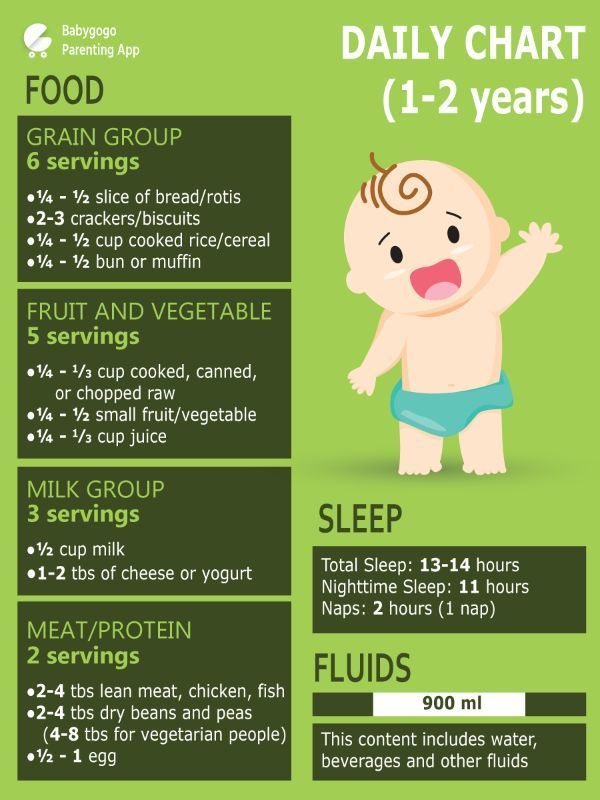
Cluster Feeding FAQ
How long does cluster feeding last?
Cluster feeding typically will happen until around 4 or 5 months of age. Once baby is around 5 months (see the 5 month old schedule here) and they are eating solids, there isn’t as much of a need for cluster feeding.
Does cluster feeding increase milk supply?
If your supply is low and baby is frequently feeding, this will increase your supply. Milk supply and quality is typically lower in the late afternoon early evening and cluster feeding can help fill baby.
Can you overfeed a breastfed baby?
Babies need to eat when they are hungry. Too much “snacking” can mean that baby is getting a lot of the foremilk which is less nutrient dense and will contribute to more feeding. Solution? Full feeds with hindmilk for baby.
Is cluster feeding all day normal?
Yes and no. Babies can tend to feed every hour all day long if they aren’t getting enough milk or they are snacking. If baby is feeding every hour all day long they’re not actually getting much food, they are using your breast as a snack bar.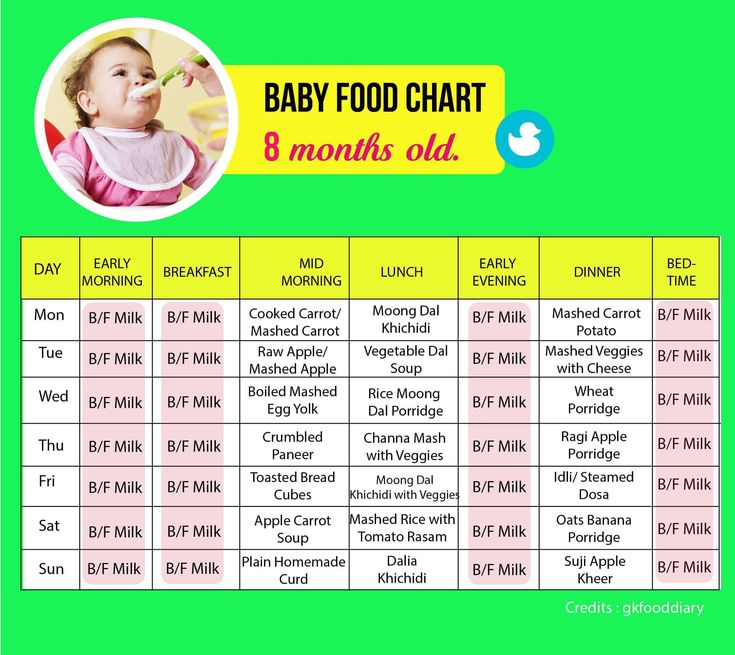 If you’re okay with this, then you’re good to go. And if not, focus on full feeds.
If you’re okay with this, then you’re good to go. And if not, focus on full feeds.
Is it normal for a newborn to breastfeed every half hour?
If babies take full feeds (nursing for 30 to 45 minutes typically) they won’t need food every half hour or even every two hours. If they snack they will feed more frequently.
Sources:
- Fatigue associated with breastfeeding is a major cause in why women stop
- Excessive night waking is associated with increased maternal depression
- Breast milk composition (specifically nucleotides) helps varies by time expressed, late evening feeding linked to more melatonin production in babies
Family Routines Reboot
Take our 3 day challenge to create life-giving family, child, and self-care routines.
Learn More
::
Breastfeeding in the first month: what to expect
Not sure how to establish lactation and increase milk production? If you need help, support, or just want to know what to expect, read our first month breastfeeding advice
Share this information
The first weeks of breastfeeding are a very stressful period. If at times you feel like you can't handle it, know that you are not alone. Feeding your baby all day long is completely natural and helps produce breast milk, but can be quite tiring at times. Be patient, think about yourself and remember: after the first month, when milk production stabilizes, it will become easier.
If at times you feel like you can't handle it, know that you are not alone. Feeding your baby all day long is completely natural and helps produce breast milk, but can be quite tiring at times. Be patient, think about yourself and remember: after the first month, when milk production stabilizes, it will become easier.
How often should a baby be breastfed?
Babies are born with a small stomach that grows rapidly with increasing milk production: in the first week it is no larger than an apricot, and after two weeks it is already the size of a large chicken egg. 1.2 Let the child eat as much as he wants and when he wants. This will help him quickly regain the weight lost after birth and grow and develop further.
“Be prepared to feed every two to three hours throughout the day. At night, the intervals between feedings can be longer: three to four or even five hours, says Cathy Garbin, a recognized international expert on breastfeeding. Some eat quickly and are satiated in 15 minutes, while others take an entire hour to feed.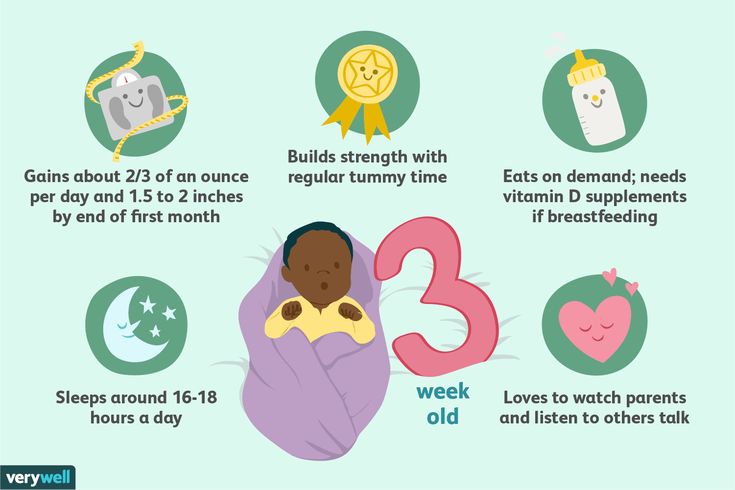 Do not compare your breastfeeding regimen with that of other mothers - it is very likely that there will be nothing in common between them.
Do not compare your breastfeeding regimen with that of other mothers - it is very likely that there will be nothing in common between them.
At each feed, give your baby a full meal from one breast and then offer a second one, but don't worry if the baby doesn't take it. When the baby is full, he lets go of his chest and at the same time looks relaxed and satisfied - so much so that he can immediately fall asleep. The next time you feed, start on the other breast. You can monitor the order of the mammary glands during feeding using a special application.
Why does the child always ask for a breast?
The first month is usually the hardest time to breastfeed. But do not think that because the baby is constantly hungry and asks for a breast almost every 45 minutes, then you do not have enough milk.
In the first month, the baby needs to eat frequently to start and stimulate the mother's milk production. It lays the foundation for a stable milk supply in the future. 3
3
In addition, we must not forget that the child needs almost constant contact with the mother. The bright light and noise of the surrounding world at first frighten the baby, and only by clinging to his mother, he can calm down.
Sarah, mother of three from the UK, confirms: “Crying is not always a sign of hunger. Sometimes my kids just wanted me to be around and begged for breasts to calm them down. Use a sling. Place the cradle next to the bed. Don't look at the clock. Take advantage of every opportunity to relax. Forget about cleaning. Let those around you take care of you. And not three days, but six weeks at least! Hug your baby, enjoy the comfort - and trust your body."
Do I need to feed my baby on a schedule?
Your baby is still too young for a strict daily routine, so
forget about breastfeeding schedules and focus on his needs.
“Volumes have been written about how to feed a baby on a schedule, but babies don't read or understand books,” Cathy says.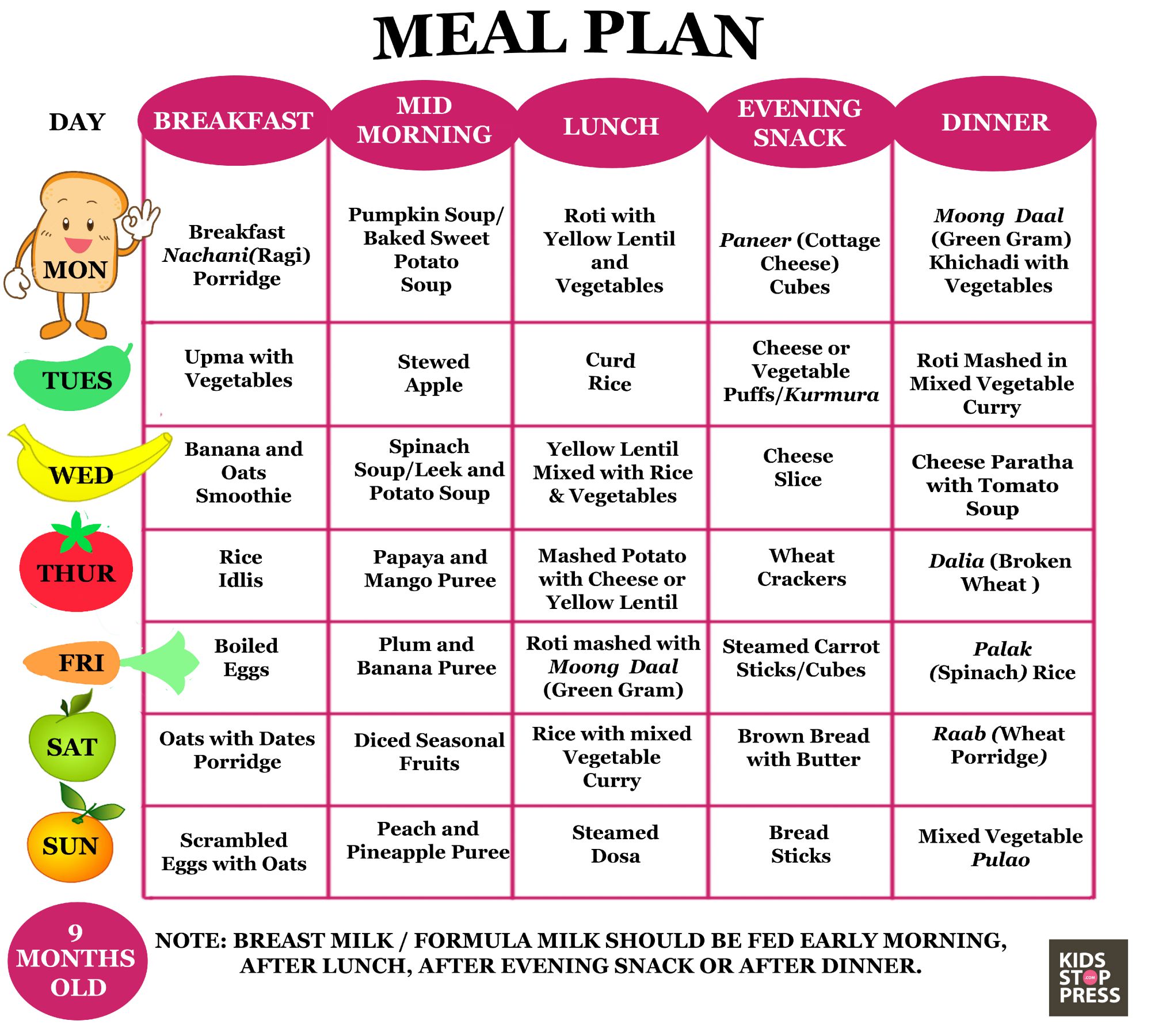 - All children are different. Some people can eat on a schedule, but most can't. Most often, over time, the child develops his own schedule.
- All children are different. Some people can eat on a schedule, but most can't. Most often, over time, the child develops his own schedule.
Some mothers report that their babies are fine with scheduled feedings, but they are probably just the few babies who would eat every four hours anyway. Adults rarely eat and drink the same foods at the same time of day - so why do we expect this from toddlers?
Offer your baby the breast at the first sign of hunger. Crying is already the last stage, so be attentive to early signs: the baby licks his lips, opens his mouth, sucks his fist, turns his head with his mouth open - looking for the breast. 4
What is a "milk flush"?
At the beginning of each feed, a hungry baby actively sucks on the nipple,
thereby stimulating the milk flow reflex - the movement of milk through the milk ducts. 5
“Nipple stimulation triggers the release of the hormone oxytocin,” explains Cathy. “Oxytocin is distributed throughout the body and causes the muscles around the milk-producing glands to contract and the milk ducts to dilate.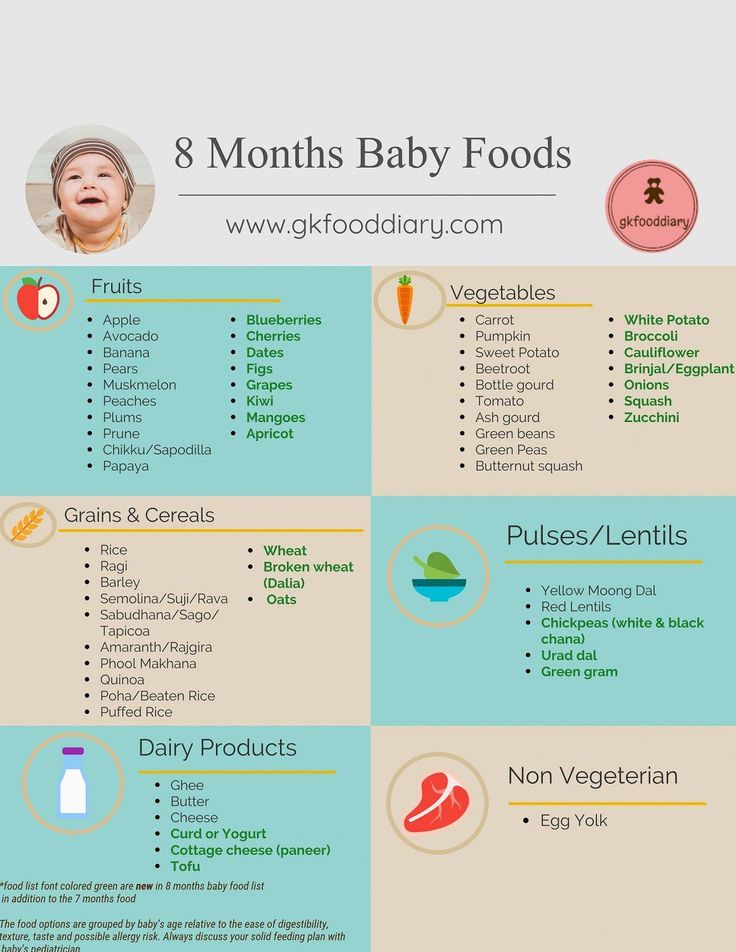 This stimulates the flow of milk.
This stimulates the flow of milk.
If the flushing reflex fails, milk will not come out. This is a hormonal response, and under stress it may not work at all or work poorly. Therefore, it is so important that you feel comfortable and calm when feeding.
“Studies show that each mother has a different rhythm of hot flashes during one feed,” Kathy continues, “Oxytocin is a short-acting hormone, it breaks down in just 30-40 seconds after formation. Milk begins to flow, the baby eats, the effect of oxytocin ends, but then a new rush of milk occurs, the baby continues to suckle the breast, and this process is repeated cyclically. That is why, during feeding, the child periodically stops and rests - this is how nature intended.
The flow of milk may be accompanied by a strong sensation of movement or tingling in the chest, although 21% of mothers, according to surveys, do not feel anything at all. 5 Cathy explains: “Many women only feel the first rush of milk.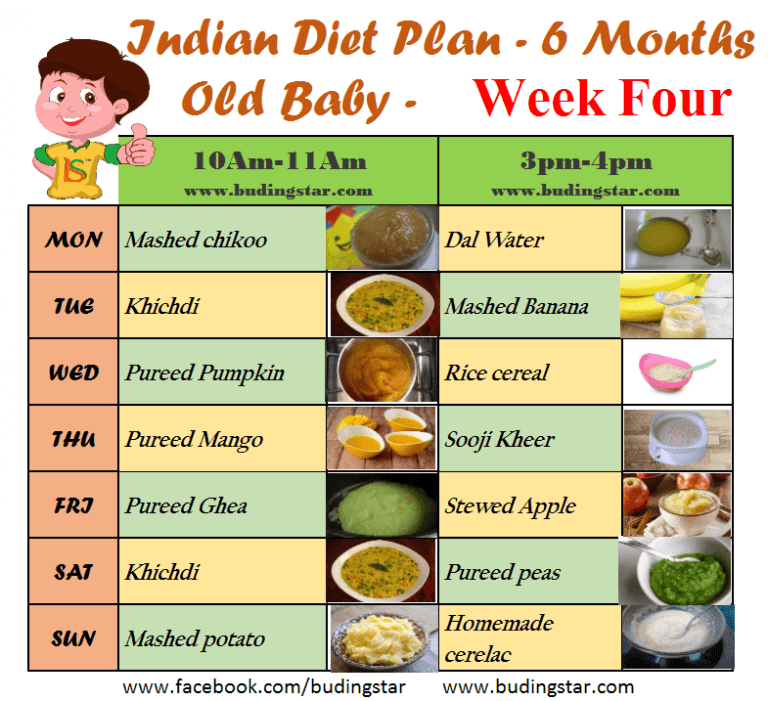 If you do not feel hot flashes, do not worry: since the child eats normally, most likely, you simply do not understand that they are.
If you do not feel hot flashes, do not worry: since the child eats normally, most likely, you simply do not understand that they are.
How do you know if a baby is getting enough milk?
Since it is impossible to track how much milk a baby eats while breastfeeding, mothers sometimes worry that the baby is malnourished. Trust your child and your body.
After a rush of milk, the baby usually begins to suckle more slowly. Some mothers clearly hear how the baby swallows, others do not notice it. But one way or another, the child himself will show when he is full - just watch carefully. Many babies make two or three approaches to the breast at one feeding. 6
“When a child has had enough, it is noticeable almost immediately: a kind of “milk intoxication” sets in. The baby is relaxed and makes it clear with his whole body that he is completely full, says Katie, “Diapers are another great way to assess whether the baby is getting enough milk. During this period, a breastfed baby should have at least five wet diapers a day and at least two portions of soft yellow stool, and often more. ”
”
From one month until weaning at six months of age, a baby's stool (if exclusively breastfed) should look the same every day: yellow, grainy, loose, and watery.
When is the child's birth weight restored?
Most newborns lose weight in the first few days of life. This is normal and should not be cause for concern. As a rule, weight is reduced by 5-7%, although some may lose up to 10%. One way or another, by 10–14 days, almost all newborns regain their birth weight. In the first three to four months, the minimum expected weight gain is an average of 150 grams per week. But one week the child may gain weight faster, and the next slower, so it is necessary that the attending physician monitor the health and growth of the baby constantly. 7.8
At the slightest doubt or signs of dehydration, such as
dark urine, no stool for more than 24 hours, retraction of the fontanel (soft spot on the head), yellowing of the skin, drowsiness, lethargy, lack of appetite (ability to four to six hours without feeding), you should immediately consult a doctor.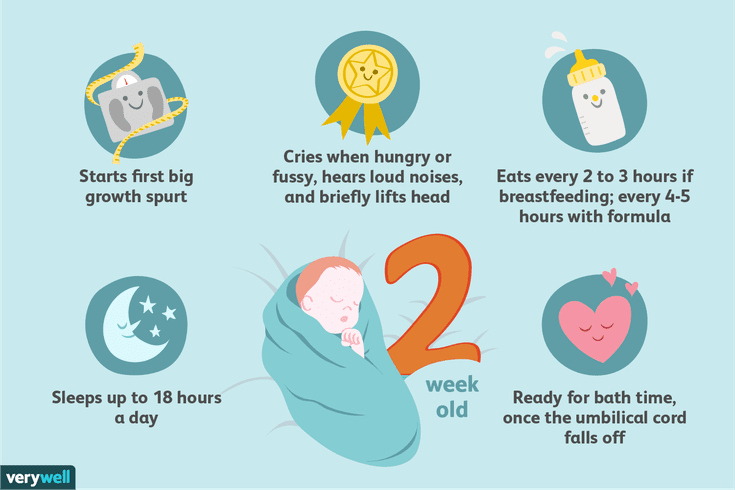 7
7
What is "cluster feeding"?
When a baby asks to breastfeed very often for several hours, this is called cluster feeding. 6 The peak often occurs in the evening between 18:00 and 22:00, just when many babies are especially restless and need close contact with their mother. Most often, mothers complain about this in the period from two to nine weeks after childbirth. This is perfectly normal and common behavior as long as the baby is otherwise healthy, eating well, gaining weight normally, and appears content throughout the day. 9
Cluster feeding can be caused by a sharp jump in the development of the body - during this period the baby especially needs love, comfort and a sense of security. The growing brain of a child is so excited that it can be difficult for him to turn off, or it just scares the baby. 9 If a child is overworked, it is often difficult for him or her to calm down on his own, and adult help is needed. And breastfeeding is the best way to calm the baby, because breast milk is not only food, but also pain reliever and a source of happiness hormones. 10
And breastfeeding is the best way to calm the baby, because breast milk is not only food, but also pain reliever and a source of happiness hormones. 10
“Nobody told me about cluster feeding, so for the first 10 days I just went crazy with worry - I was sure that my milk was not enough for the baby,” recalls Camille, a mother from Australia, “It was a very difficult period . I was advised to pump and supplement until I finally contacted the Australian Breastfeeding Association. There they explained to me what was happening: it turned out that it was not about milk at all.
Remember, this is temporary. Try to prepare dinner for yourself in the afternoon, when the baby is fast asleep, so that in the evening, when he begins to often breastfeed, you have the opportunity to quickly warm up the food and have a snack. If you are not alone, arrange to carry and rock the baby in turns so that you have the opportunity to rest. If you have no one to turn to for help and you feel that your strength is leaving you, put the baby in the crib and rest for a few minutes, and then pick it up again.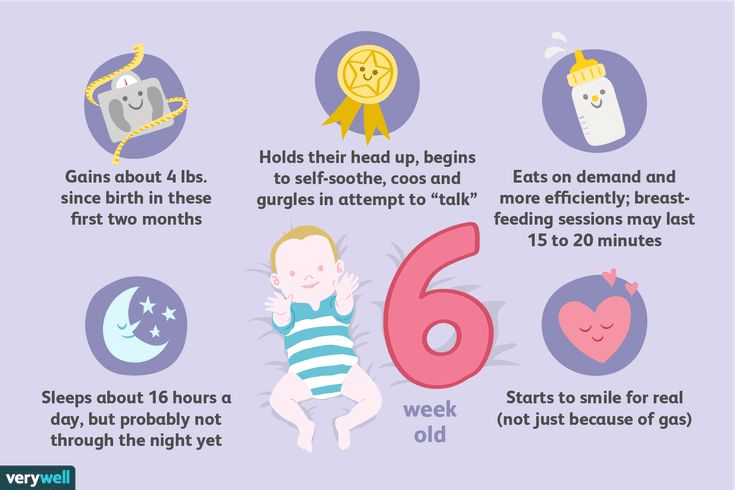
Ask your partner, family and friends to help you with household chores, cooking and caring for older children if you have any. If possible, hire an au pair. Get as much rest as possible, eat well and drink plenty of water.
“My daughter slept a lot during the day, but from 23:00 to 5:00 the cluster feeding period began, which was very tiring,” recalls Jenal, a mother from the USA, “My husband tried his best to make life easier for me - washed, cleaned, cooked, changed diapers, let me sleep at every opportunity and never tired of assuring me that we were doing well.
If you are concerned about the frequency of breastfeeding, it is worth contacting a specialist. “Check with a lactation consultant or doctor to see if this is indicative of any problems,” recommends Cathy. “Resist the temptation to supplement your baby with formula (unless recommended by your doctor) until you find the cause. It may not be a matter of limited milk production at all - it may be that the child is inefficiently sucking it.
When will breastfeeding become easier?
This early stage is very special and does not last long. Although sometimes it seems that there will be no end to it, rest assured: it will get easier soon! By the end of the first month, breast milk production will stabilize, and the baby will become stronger and learn to suckle better. 2.3 Any problems with latch on by this time will most likely be resolved and the body will be able to produce milk more efficiently so inflammation and leakage of milk will begin to subside.
“The first four to six weeks are the hardest, but then things start to get better,” Cathy assures. It just needs to be experienced!”
The longer breastfeeding continues, the more benefits it brings, from saving on formula and improving sleep quality 11–13 to boosting your baby's immune system 14 and reducing your risk of certain cancers. 15
“When you feel like you're pushing yourself, try to go from feed to feed and day to day,” says Hannah, a UK mom.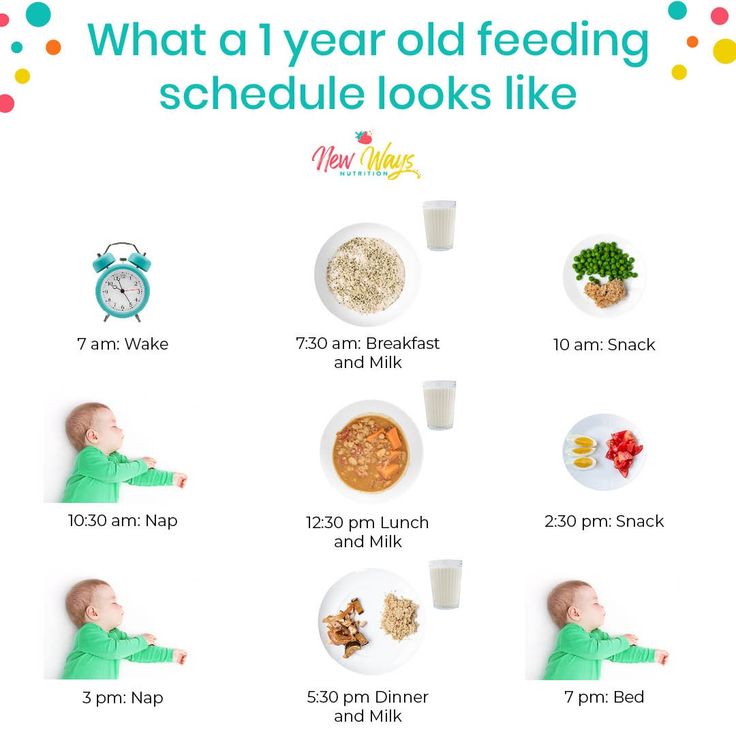 “I was sure I wouldn’t make it to eight weeks. And now I have been breastfeeding for almost 17 weeks, and I dare say it is very easy.”
“I was sure I wouldn’t make it to eight weeks. And now I have been breastfeeding for almost 17 weeks, and I dare say it is very easy.”
Read the resource Breastfeeding Beyond the First Month: What to Expect
Literature
1 Naveed M et al. An autopsy study of relationship between perinatal stomach capacity and birth weight. Indian J Gastroenterol .1992;11(4):156-158. - Navid M. et al., Association between prenatal gastric volume and birth weight. Autopsy. Indian J Gastroenterol. 1992;11(4):156-158.
2 Neville MC et al. Studies in human lactation: milk volumes in lactating women during the onset of lactation and full lactation .Am J Clinl Nutr . 1988;48(6):1375-1386. at the beginning and at the peak of lactation." Am F Clean Nutr. 1988;48(6):1375-1386.
3 Kent JC et al.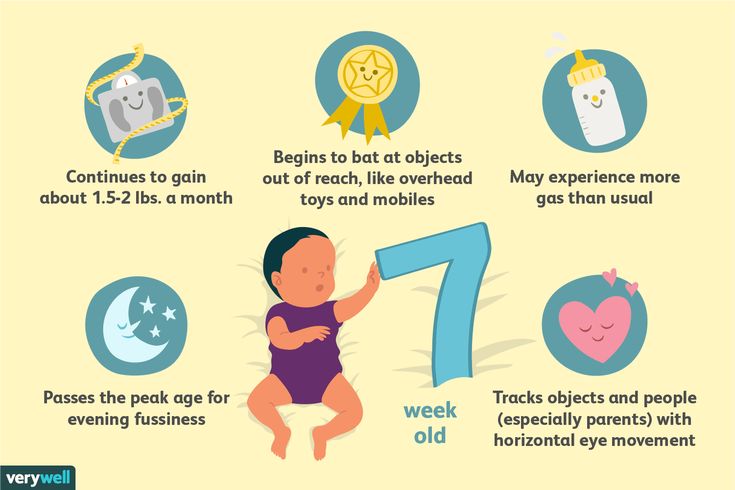 Principles for maintaining or increasing breast milk production. J Obstet , Gynecol , & Neonatal Nurs . 2012;41(1):114-121. - Kent J.S. et al., "Principles for Maintaining and Increasing Milk Production". J Obstet Ginecol Neoneutal Nurs. 2012;41(1):114-121.
Principles for maintaining or increasing breast milk production. J Obstet , Gynecol , & Neonatal Nurs . 2012;41(1):114-121. - Kent J.S. et al., "Principles for Maintaining and Increasing Milk Production". J Obstet Ginecol Neoneutal Nurs. 2012;41(1):114-121.
4 Australian Breastfeeding Feeding cues ; 2017 Sep [ cited 2018 Feb ]. - Australian Breastfeeding Association [Internet], Feed Ready Signals; September 2017 [cited February 2018]
5 Kent JC et al. Response of breasts to different stimulation patterns of an electric breast pump. J Human Lact . 2003;19(2):179-186. - Kent J.S. et al., Breast Response to Different Types of Electric Breast Pump Stimulation.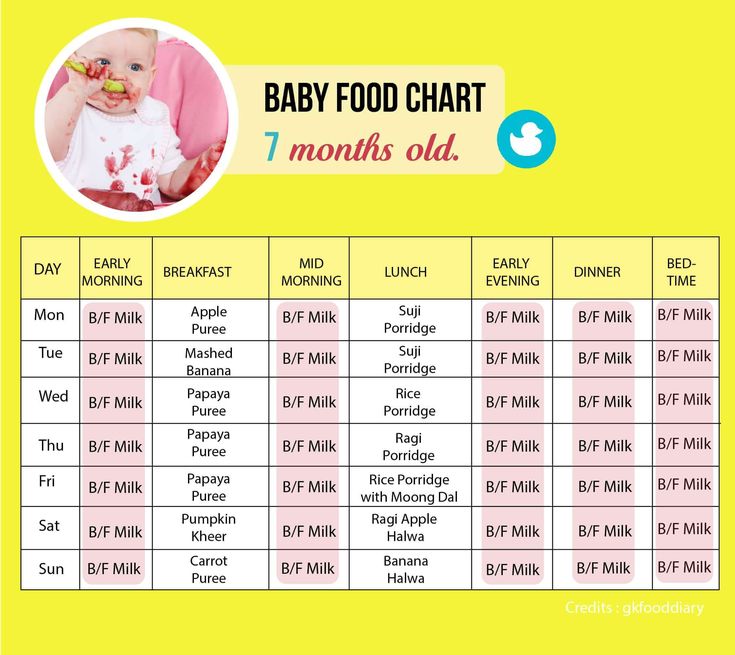 J Human Lact (Journal of the International Association of Lactation Consultants). 2003;19(2):179-186.
J Human Lact (Journal of the International Association of Lactation Consultants). 2003;19(2):179-186.
6) Kent JC et al . Volume and frequency of breastfeedings and fat content of breast milk throughout the day. Pediatrics. 2006;117(3): e 387-395. - Kent J.S. et al., "Amount and frequency of breastfeeding and fat content of breast milk during the day." Pediatrix (Pediatrics). 2006;117(3):e387-95.
7 Lawrence RA, Lawrence RM. Breastfeeding: A guide for the medical profession. 7th ed. Maryland Heights MO, USA: Elsevier Mosby; 2010. 1128 p . - Lawrence R.A., Lawrence R.M., "Breastfeeding: A guide for healthcare professionals." Seventh edition. Publisher Maryland Heights , Missouri, USA: Elsevier Mosby; 2010. P. 1128.
8 World Health Organization.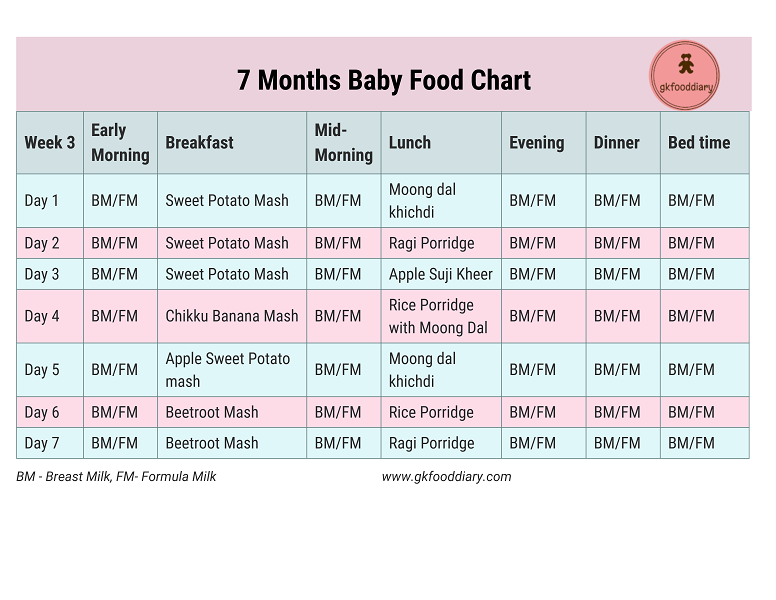 [Internet]. Child growth standards; 2018 [cited 2018 Feb] - World Health Organization. [Internet]. Child Growth Standards 2018 [cited February 2018].
[Internet]. Child growth standards; 2018 [cited 2018 Feb] - World Health Organization. [Internet]. Child Growth Standards 2018 [cited February 2018].
9 Australian Breastfeeding Association . [ Internet ]. Cluster feeding and fussing babies ; - Australian Breastfeeding Association [Internet], Cluster Feeding and Screaming Babies; December 2017 [cited February 2018].
10 Moberg KU, Prime DK. Oxytocin effects in mothers and infants during breastfeeding. Infant . 2013;9(6):201-206.- Moberg K, Prime DK, "Oxytocin effects on mother and child during breastfeeding". Infant. 2013;9(6):201-206.
11 U.S. Department of Health & Human Services [Internet]. Surgeon General Breastfeeding factsheet; 2011 Jan 20 [cited 2017 Feb] - Department of Health and Human Services [Internet], "Breastfeeding Facts from the Chief Medical Officer", Jan 20, 2011 [cited Feb 2017]
12 Kendall-Tackett K et al.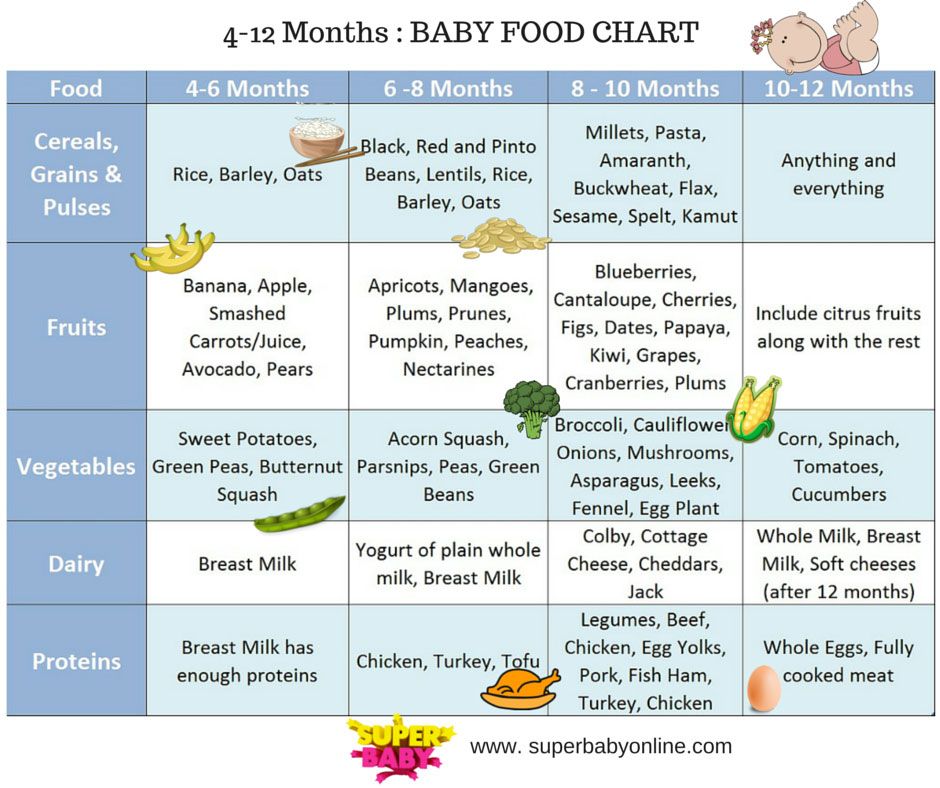 The effect of feeding method on sleep duration, maternal well-being, and postpartum depression. clinical lactation. 2011;1;2(2):22-26. - Kendall-Tuckett, K. et al., "Influence of feeding pattern on sleep duration, maternal well-being and the development of postpartum depression." Clinical Lactation. 2011;2(2):22-26.
The effect of feeding method on sleep duration, maternal well-being, and postpartum depression. clinical lactation. 2011;1;2(2):22-26. - Kendall-Tuckett, K. et al., "Influence of feeding pattern on sleep duration, maternal well-being and the development of postpartum depression." Clinical Lactation. 2011;2(2):22-26.
13 Brown A, Harries V. Infant sleep and night feeding patterns during later infancy: Association with breastfeeding frequency, daytime complementary food intake, and infant weight. Breast Med . 2015;10(5):246-252. - Brown A., Harris W., "Night feedings and infant sleep in the first year of life and their association with feeding frequency, daytime supplementation, and infant weight." Brest Med (Breastfeeding Medicine). 2015;10(5):246-252.
14 Hassiotou F et al. Maternal and infant infections stimulate a rapid leukocyte response in breastmilk. Clin Transl immunology. 2013;2(4). - Hassiot F. et al., "Infectious diseases of the mother and child stimulate a rapid leukocyte reaction in breast milk." Clean Transl Immunology. 2013;2(4):e3.
Clin Transl immunology. 2013;2(4). - Hassiot F. et al., "Infectious diseases of the mother and child stimulate a rapid leukocyte reaction in breast milk." Clean Transl Immunology. 2013;2(4):e3.
15 Li DP et al. Breastfeeding and ovarian cancer risk: a systematic review and meta-analysis of 40 epidemiological studies. Asian Pac J Cancer Prev . 2014;15(12):4829-4837. - Lee D.P. et al., "Breastfeeding and the risk of ovarian cancer: a systematic review and meta-analysis of 40 epidemiological studies." Asia Pas J Cancer Prev. 2014;15(12):4829-4837.
The child began to breastfeed more often. This is fine?
This is the period in a baby's life when he begins to breastfeed more often. For example, if yesterday your child ate an average of once every two hours, and today he requires a breast every half an hour or an hour, we are talking about cluster or group feeding.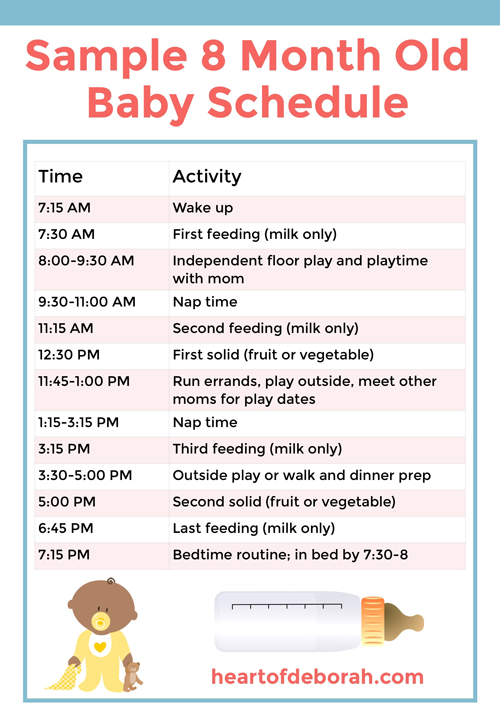 This is a temporary change in the feeding regime, however, parents are unlikely to be happy with such changes and may think that they are doing something wrong. We hasten to reassure you: cluster feeding is normal.
This is a temporary change in the feeding regime, however, parents are unlikely to be happy with such changes and may think that they are doing something wrong. We hasten to reassure you: cluster feeding is normal.
This usually happens within the first 28 days of a baby's life. As David Hill, Fellow of the American Academy of Pediatrics, says, the first "attack" of cluster feeding usually occurs on the 10-12th day of life, and then repeats in the region of three months. But in general, cluster feedings are typical for the entire first half of a baby's life.
Most often, cluster feedings occur in the late afternoon, when the child is tired of external stimuli and wants to calm down and fall asleep. Cluster feedings often accompany growth and developmental spurts. Sometimes they can last all day.
The first weeks and months of a baby's life are a difficult time for him, because he is constantly growing and developing, accepting new conditions of life outside the womb, adapting to the outside world.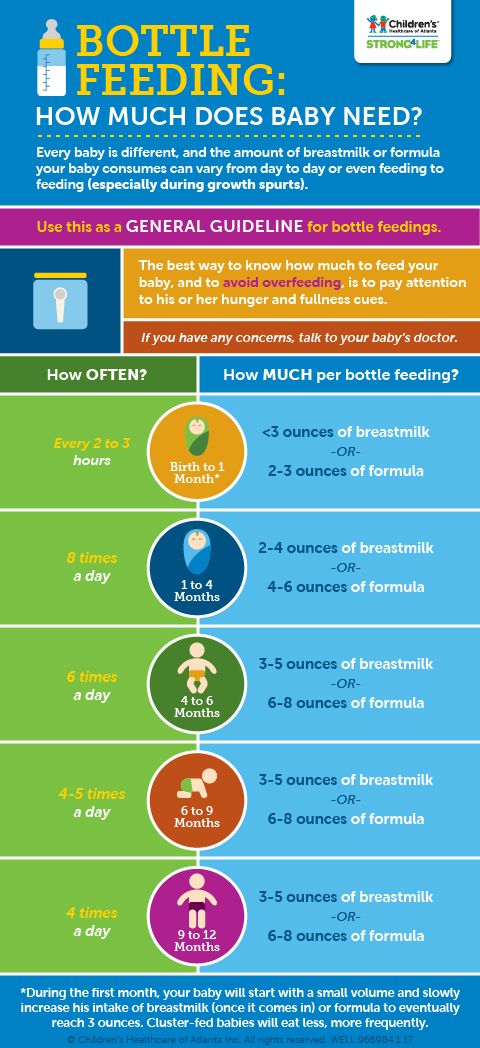 To do this, he needs not only to get food regularly, but also to calm down, because this big world is such a complicated thing.
To do this, he needs not only to get food regularly, but also to calm down, because this big world is such a complicated thing.
Sucking and being at the mother's breast is a natural need for the baby, so he uses cluster feedings not only to eat, but also to get close contact with the mother. So don't get mad at him, he really needs it. And do not listen to those who say that "that way he will make a dummy out of you." Won't. Listen to yourself and the child, you are doing everything right.
The good news is that there is evidence that this behavior of the child precedes a longer sleep (we are talking about four to five hours). Why, it's a whole chasm of uninterrupted sleep when you have a newborn!
Yes, indeed, cluster feedings can exhaust a mother. But, as the same Hill says, they are important for her, especially if they occur at the initial stage of motherhood. The fact is that by frequent application, the baby stimulates the production of milk, thus helping the mother to quickly establish full lactation.
Of course, the baby needs maternal care and warmth, skin-to-skin contact, but you should not forget about yourself during this exhausting period of group feeding! More precisely, it is strictly forbidden, otherwise you risk bringing yourself to emotional exhaustion. Here's what can be done.
Do not blame yourself and the child. He is all right, all babies have such days, and you are doing everything right - offering him what he needs most now.
Do not forget to drink and eat , because your body is now intensively establishing lactation, which means it consumes a large amount of energy. Eat well and don't limit yourself to kuro-buckwheat.
Sleep between feeds . Facebook and Instagram can wait. Especially if cluster feedings caught you at night, and the baby wakes up every hour. Yes, it will seem to you that it is easier not to sleep at all than to spend time on short sleep sessions, but this is not so.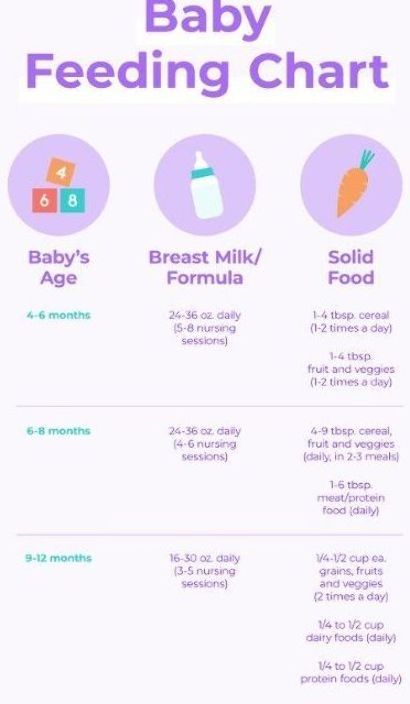
Connect partner . Yes, you may think that this is rather pointless, because he does not have breasts with milk. But he can carry the baby in his arms while you drink tea or spend time in the shower - during this period it is important to give yourself a little respite.
Don't listen to the "experts" . You will definitely be advised to put the child down and "let him scream" or do something else so that "God forbid, spoil him." But you shouldn't do that. We now know more about children and their needs than ever before. So: cluster feedings will not spoil your baby. He really needs them. In any case, more than senseless motion sickness, attempts to distract and hiss are more necessary.
It is believed that one episode of grouped feedings should not exceed two days, and the application itself should not exceed an hour. If the baby “hangs” on the chest for an hour and this has been happening for two days, you need to contact a lactation consultant or a pediatrician you trust.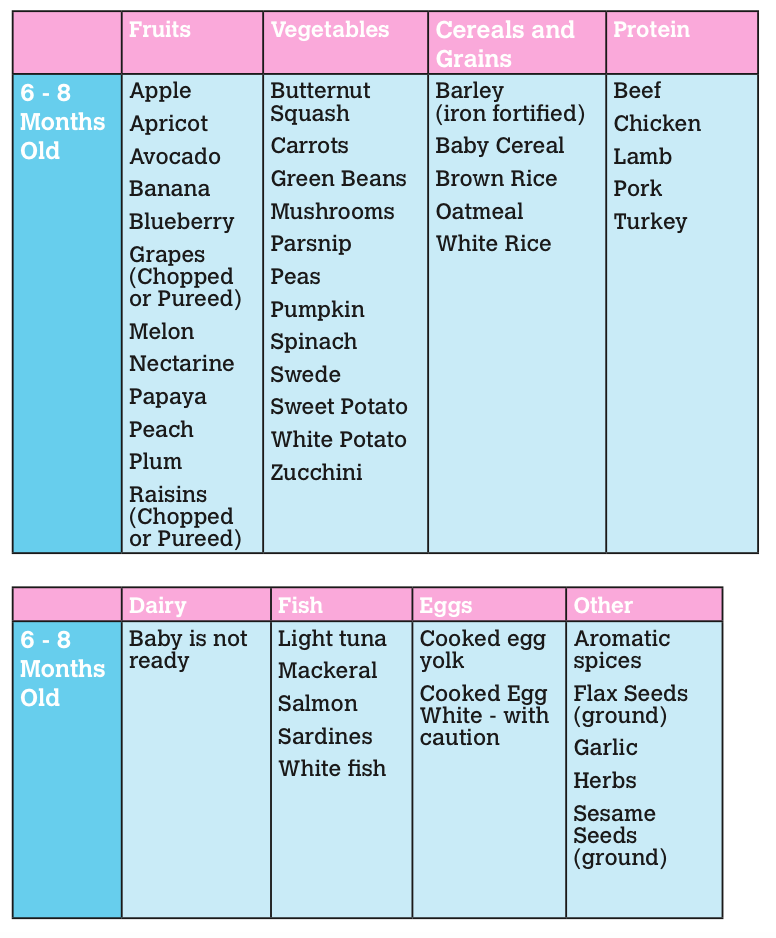
We asked Daria Utkina, a doula and mother-and-child care consultant, to talk about cluster feeding.
Not all babies go through this period, but most do. It seems to me that knowing in itself that this is a physiological norm, and not an epic fail in becoming a milk fairy, already gives a lot of peace of mind. Often women worry that the reason for cluster feedings is the notorious “not enough milk”, although the child has just enough of everything.
If we talk about support, it's very cool when there are people around who also know that cluster feedings are a variant of the norm and you don't have to fight them. Because even a confident and informed mother will be disturbed by the constant background anxiety of relatives. And if this is the first baby and everything is still completely new, then any comments on the topic “something is not working out for you”, “something is wrong with the child” will fall into the most vulnerable point.
Evening time can also be planned in advance, taking into account the baby hanging on the chest. Arrange with a partner to come to the beginning of vigils, call a postpartum doula or a friend / mother / anyone to be around.
On the contrary, it helps some women to break the stereotype about crazy evenings at home, pack the baby in a sling where he can feed non-stop, and go out into the world.
Well, adjust expectations all the time. Cluster feedings become a problem when the idea sits in your head that a baby usually eats at least once an hour, or even every three hours. And when everything happens differently, it makes you reconsider your ideas not only about babies, but also about your life with them.
Many of my clients find it helpful to remind themselves of "one thing a day." Especially for those who are accustomed to work tirelessly and assumed that while the baby was sleeping and eating, it would be possible to continue almost in the same rhythm.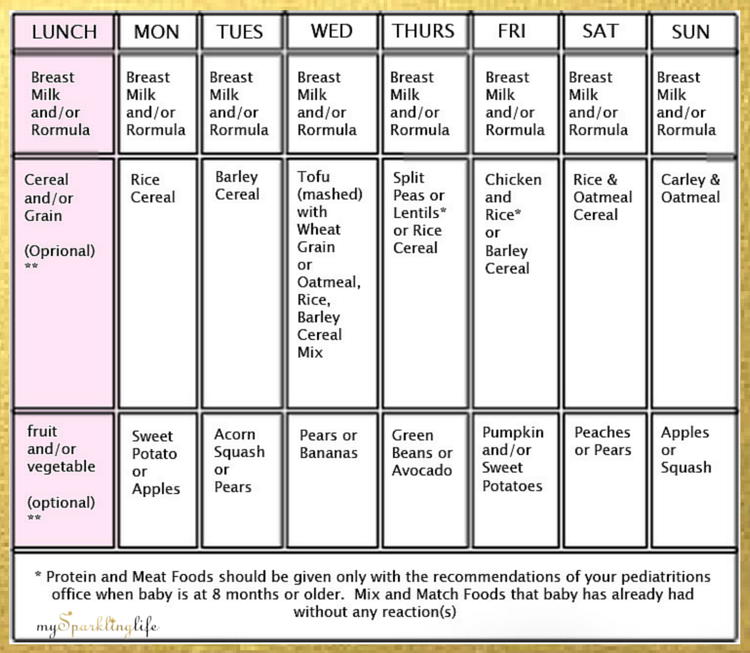
Plus, sometimes it happens that cluster feedings are just situations where a child for some reason (inefficient attachment, a short bridle, for example) has to be on the breast all the time to get the right amount of milk. In this case, it would be good to call a consultant on breastfeeding and find out what is the reason.
During cluster feedings, the mother has a huge responsibility, and she can feel overwhelmed, exhausted and disappointed. Obviously, dads can't offer to help feed their baby, but there are some important ways they can help moms.
Get up with your mother. This is really important, she will not feel so lonely if the partner tries to cheer her up during feeding (and at the same time not fall asleep next to her).
Bathe, walk, entertain the child (and also his brothers and sisters). Cluster feeding will be much easier for mom if she can focus only on this.